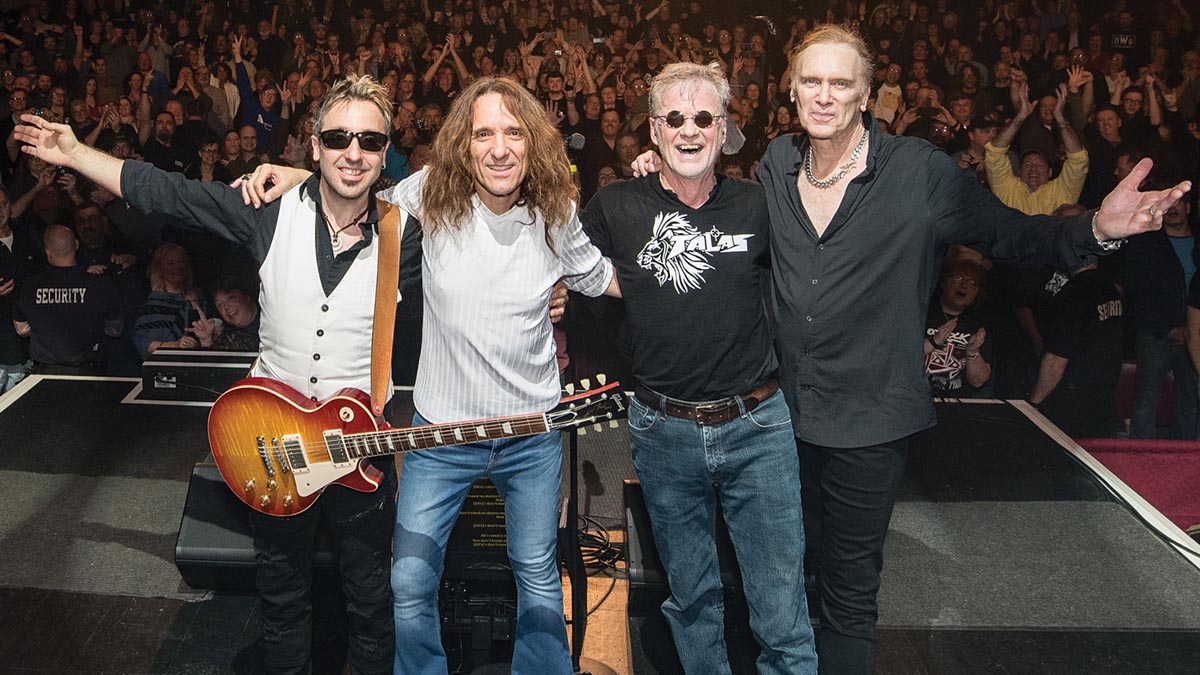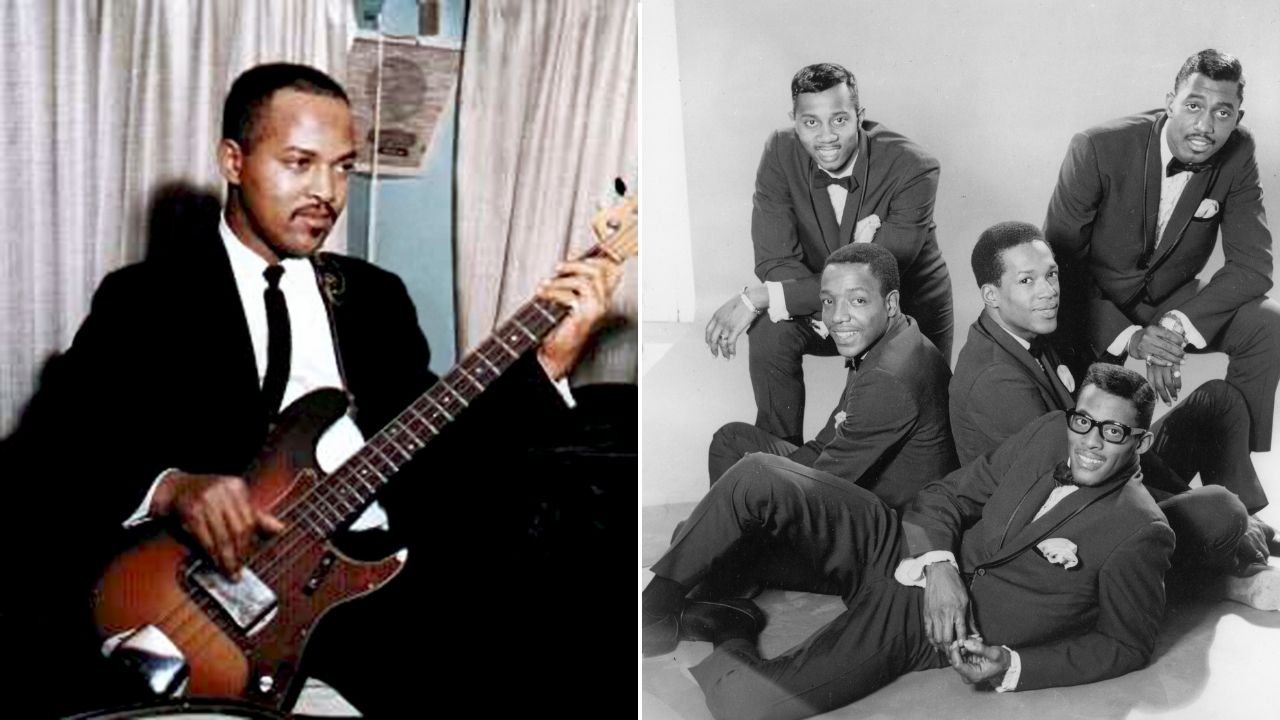Billy Sheehan on why, 40 years on, it was time to bring Talas back and celebrate the triumphant year of 1985
“We played together again, and we had a riot”: the bass icon reflects on a band who were heirs to the '80s hard-rock and metal guitar throne and a comeback tinged with tragedy

The year was 1985 and rock ’n’ roll was alive and well. Talas had been flying high – in the few years of their existence they had opened for Van Halen and Yngwie Malmsteen. But just as they were getting ready to record their third album, the band broke up.
Almost 40 years later, bassist Billy Sheehan decided it was time to revisit those lost songs.
“We got together and played together again, and we had a riot,” Sheehan says. “So we thought, ‘Why not play? Why not do all those songs that were kind of left behind and never really properly recorded?”
Sheehan, of course, went on to become one of the most well-known and in-demand bass guitar players in history. But Talas always had a place in his heart. So it was with great joy that he teamed back up with vocalist Phil Naro and Mark Miller, both of whom had been part of earlier incarnations of the group. But with none of the group’s past guitarists available, they turned to some fresh blood to step up: a young Macedonian ex-pat named Kire Najdovski who Naro had been jamming with.
For Najdovski, joining Talas was thrilling and insanely intimidating – here he was, playing next to Sheehan, a position that’s been filled by some of the biggest names in guitar music, including Steve Vai and Paul Gilbert.
“We all know who Billy Sheehan is – I don’t have to explain; he’s been working with all my guitar heroes,” Najdovski says. “It was just a dream come true. I just had to work harder and harder and harder to prove that I deserve and earned the position to be a guitar player in Talas.”
Despite the joy of the world finally being able to hear properly recorded versions of these songs, the release of 1985 is still bittersweet. Shortly after vocal tracks were completed, Naro succumbed to cancer.
All the latest guitar news, interviews, lessons, reviews, deals and more, direct to your inbox!
Sheehan said that although the rest of the group had known Naro was ill, he had
managed to hide the severity of the disease. Losing Naro was “awful,” Sheehan says,
remembering his bandmate as “a hard worker and wonderful, sweet-hearted
kid.”
Naro’s final days were filled with music, friends and family, with his son contributing backing vocals to some of 1985’s songs. While it’s unclear what his passing will mean for the future, Sheehan believes the record will stand as a testament to a talent who was taken too soon.
“We were doing this record to celebrate what we had in ’85 and the great time the ’80s were for us and all musicians on the scene,” he says. “But then when we lost Phil, it kind of morphed over to make the record about his legacy. The first part will be included, of course, but we really want that to shine.”
- 1985 is out now via Metal Blade.
Adam is a freelance writer whose work has appeared, aside from Guitar World, in Rolling Stone, Playboy, Esquire and VICE. He spent many years in bands you've never heard of before deciding to leave behind the financial uncertainty of rock'n roll for the lucrative life of journalism. He still finds time to recreate his dreams of stardom in his pop-punk tribute band, Finding Emo.

